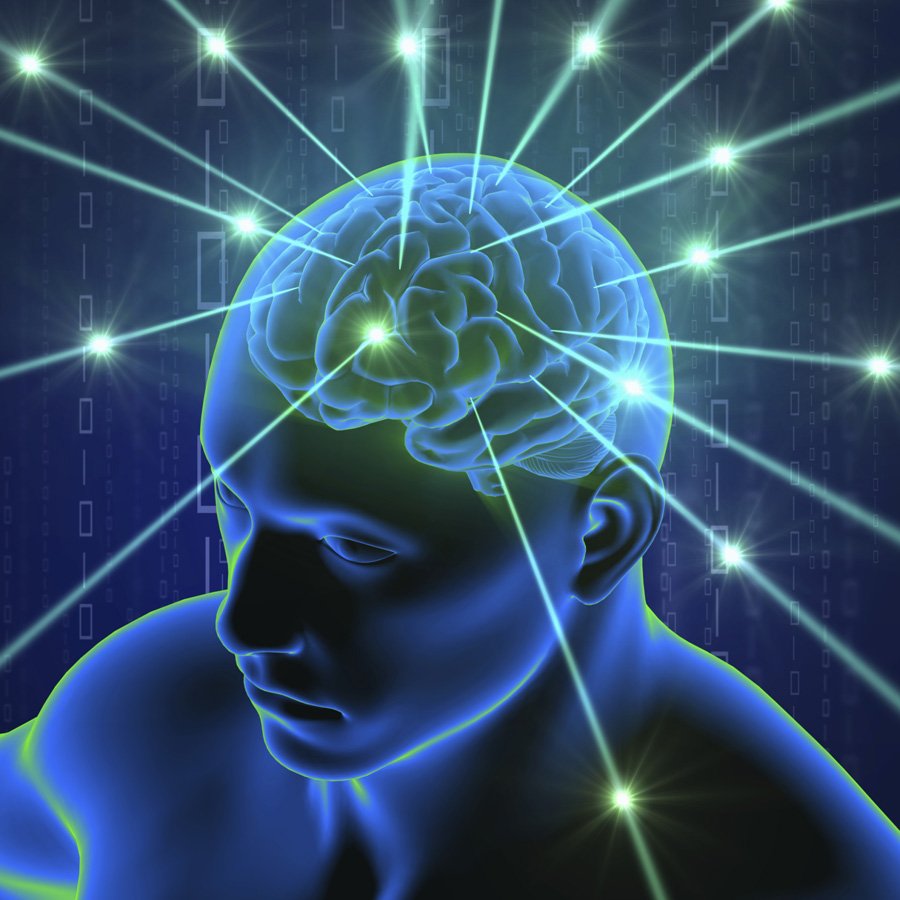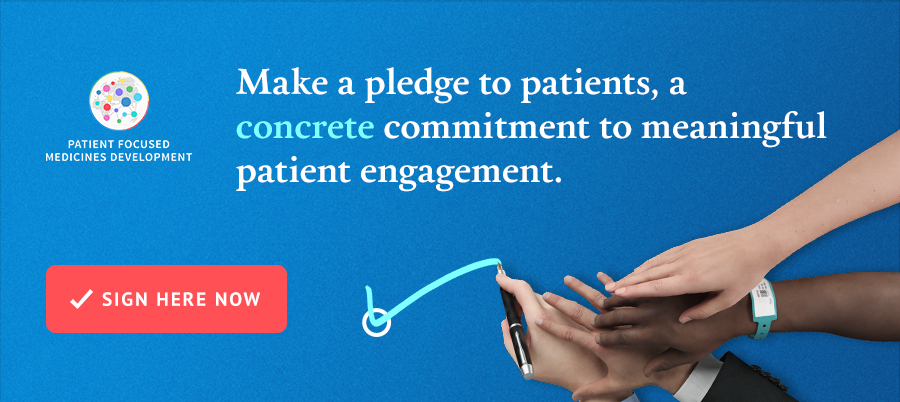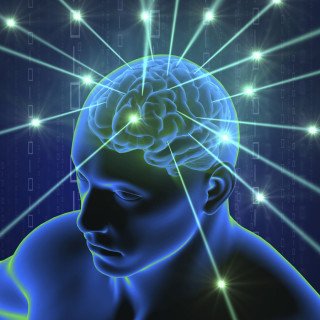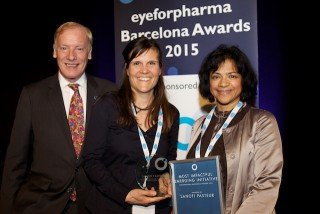
How does the human brain develop in the womb? What are the things that can go wrong, and how does this impact a person’s life in the future? To answer some of these questions, a group of scientists have recently completed a ground-breaking project to map the landscape of the prenatal human brain. The atlas, as the map is known, examines the brain halfway through gestation, when the cortex – which is responsible for thought and reasoning – is forming. Led by neuroscientist Ed Lein of the Allen Institute for Brain Science in Seattle, the project team used dyes and genetic markers on ultra-thin slices of four fetal brains donated through a tissue bank to look at the activity level of 20,000 genes.
The dataset generated by the researchers is immense, but it aims to help us understand where and when a particular gene is turned on. This insight will undoubtedly inspire new hypotheses around human brain development; it already promises to reveal some interesting insights into differences between humans and other primates, and where to look for clues into the source of autism, schizophrenia and other neurological disorders.
The institute took a “big science” approach to the project, calling on the global scientific community to exploit discoveries more efficiently by sharing data, tools and insights to maximize impact.
The atlas is one of a growing number of projects that make use of emerging Big Data technologies – a term, according to Wikipedia, for a collection of data sets so large and complex that it becomes difficult to process using traditional data processing applications. The vast amounts of data generated by this project could only be processed through the global communities associated with a “big science” approach.
The project was funded by the National Institutes of Health (NIH), and the NIH website reports that the atlas will be freely available to the public for viewing, searching and data mining. It is the first installment of a consortium project called the BrainSpan Atlas of the Developing Human Brain, which aims to “profile gene activity throughout the course of brain development.”
Will the collaboration demanded by innovative technologies such as Big Data and driven by big science accelerate our understanding of ourselves and what makes us tick?






Leave a comment